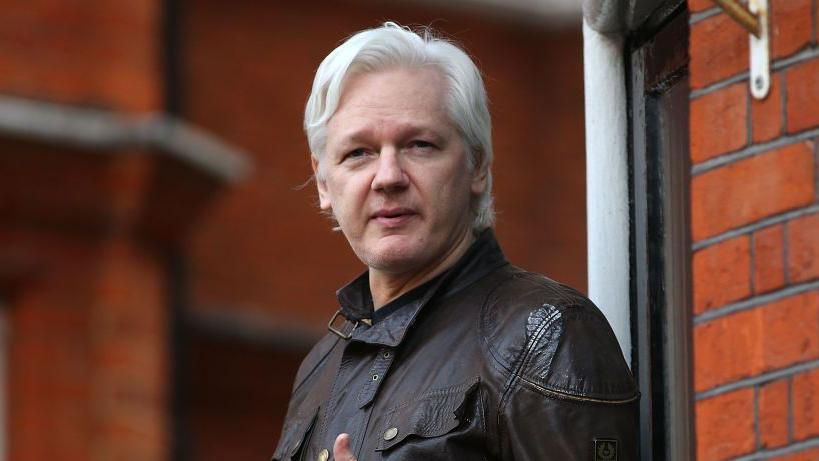In a victory the following month, the UK High Court ruled that Assange could bring a new appeal against extradition to the US, allowing him to challenge US assurances over how his prospective trial would be conducted and whether his right to free speech would be infringed.
After the ruling, his wife Stella told reporters and supporters that the Biden administration “should distance itself from this shameful prosecution”.
US prosecutors had originally wanted to try the Wikileaks founder on 18 counts – mostly under the Espionage Act – over the release of confidential US military records and diplomatic messages related to the wars in Afghanistan and Iraq.
Wikileaks, which Assange founded in 2006, claims to have published over 10 million documents in what the US government later described as “one of the largest compromises of classified information in the history of the United States”.
In 2010, the website published a video from a US military helicopter which showed more than a dozen Iraqi civilians, including two Reuters news reporters, being killed in Baghdad.
One of Assange’s most well-known collaborators, US Army intelligence analyst Chelsea Manning, was sentenced to 35 years in prison before then-president Barack Obama commuted her sentence in 2017.
Assange also faced separate charges of rape and sexual assault in Sweden, which he denied.
He spent seven years hiding in Ecuador’s London embassy, claiming the Swedish case would lead him to be sent to the US.
Swedish authorities dropped the case in 2019 and said that too much time had passed since the original complaint, but UK authorities later took him into custody. He was tried for not surrendering to the courts to be extradited to Sweden.
Even amid long-running legal battles, Assange has rarely been seen in public and for years has reportedly suffered from poor health, including a small stroke in prison in 2021.


